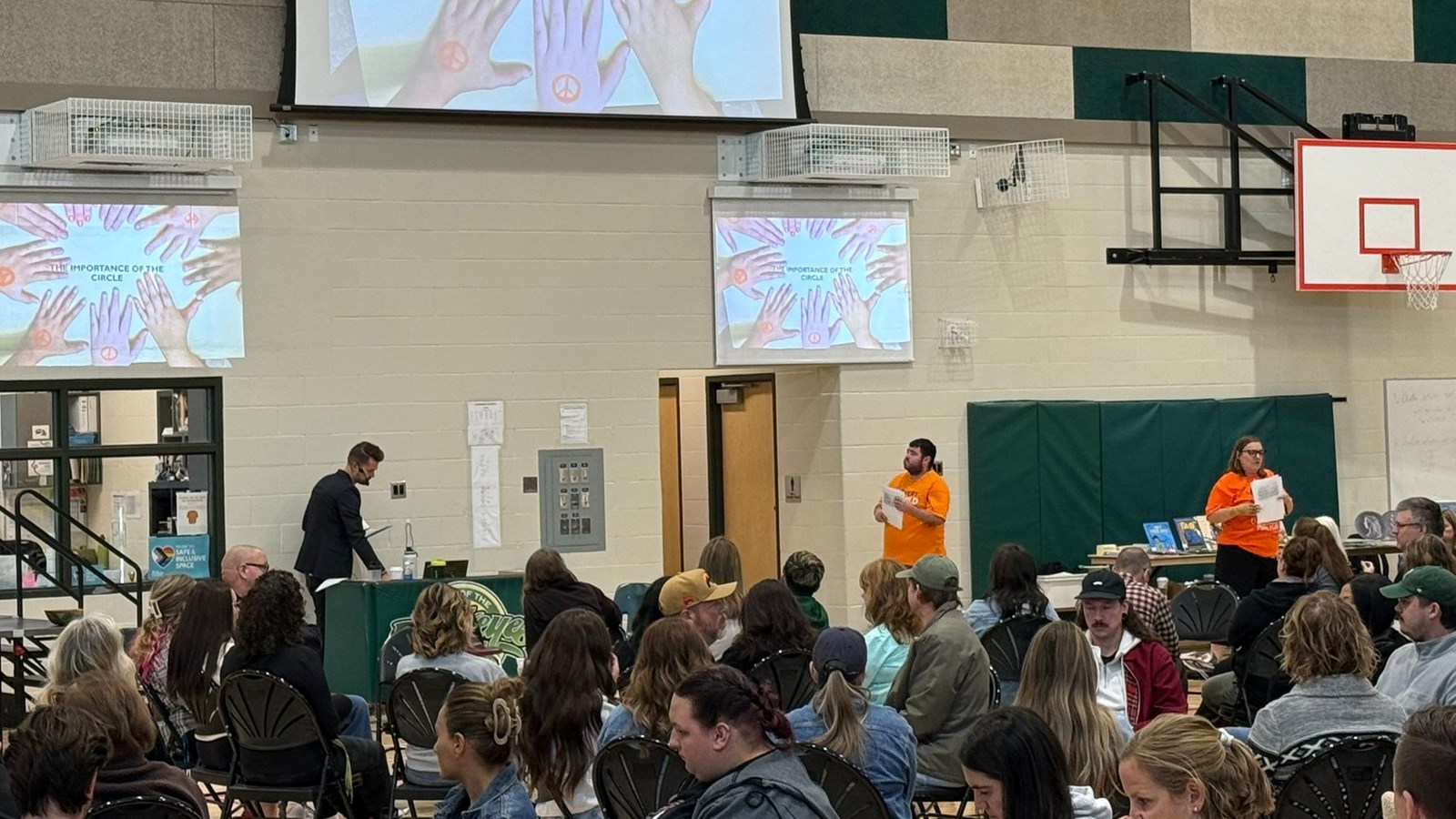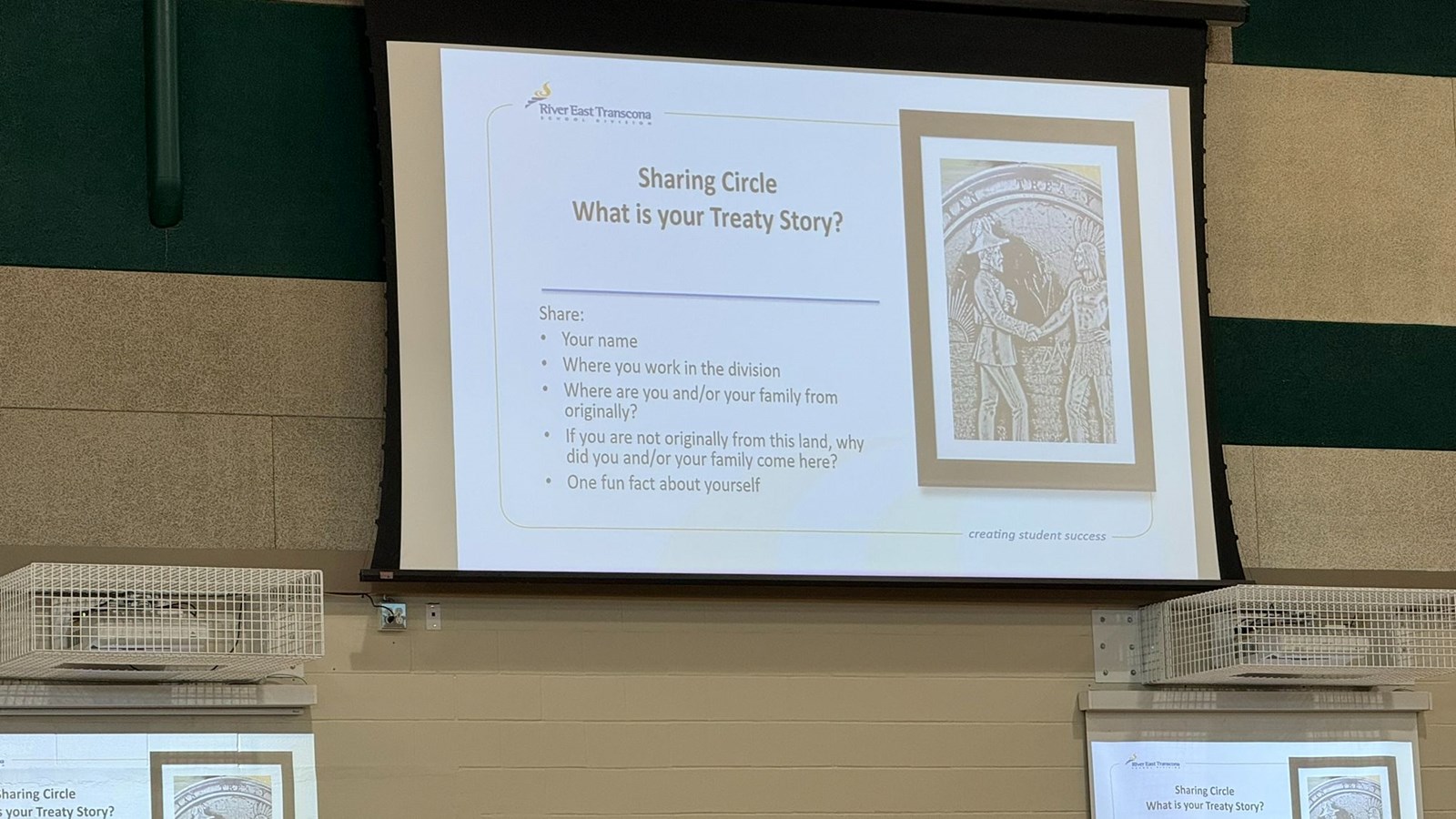RETSD Divisional Staff Engage in Comprehensive Training on Treaties and Treaty Relationships
In a significant step towards fostering a deeper understanding and respect for Indigenous cultures, over 3,600 staff members from River East Transcona School Division participated in an extensive training focused on the treaties and the importance of understanding the treaty relationship.
The training, facilitated by a cohort of RETSD teachers in collaboration with local Indigenous leaders and educators, was held on October 9 and 10. The goal was to equip staff with the knowledge and skills necessary to develop a deeper understanding of the historical and contemporary significance of treaties. This initiative by the Treaty Relations Commission of Manitoba underscores the commitment to creating an inclusive and culturally aware educational environment.
"Understanding treaties is essential for building respectful and informed relationships with Indigenous communities," said Jason Drysdale, assistant superintendent of RETSD. "This training empowers our staff to deepen their own understanding and educate students about the importance of the Treaty Relationship and its role in shaping our shared history and future."
Key Highlights of the Training Program:
- Historical Context: Participants delved into the history of treaties, exploring their origins, purposes, and the impact on Indigenous communities. This historical perspective is crucial for understanding the foundational agreements that shape relationships between Indigenous and non-Indigenous peoples.
- Contemporary Relevance: The program emphasized the ongoing importance of treaties in today's society. Staff learned about current treaty issues and how these agreements continue to influence Indigenous rights, land use, and governance.
- Cultural Sensitivity: Training sessions included discussions on cultural sensitivity and the importance of respecting Indigenous traditions and perspectives. This component aimed to foster empathy and respect among staff, ensuring that they can effectively support and educate students from diverse backgrounds.
- Educational Integration: Practical strategies were provided for integrating treaty education into the curriculum. Staff were encouraged to incorporate Indigenous perspectives and knowledge into various subjects, promoting a holistic understanding of treaties and their significance.
"We are proud to collaborate with Indigenous leaders to provide this vital training," added Leanne Smith, Consultant for Indigenous Education. "It’s a step towards reconciliation and ensuring that our educational practices honour and respect Indigenous cultures and contributions."
RETSD remains committed to fostering an inclusive and culturally responsive educational environment. By providing staff with the knowledge and tools to understand and teach about treaties, the division aims to promote mutual respect, understanding, and reconciliation for the spirit and inclusion of all who share this land.









